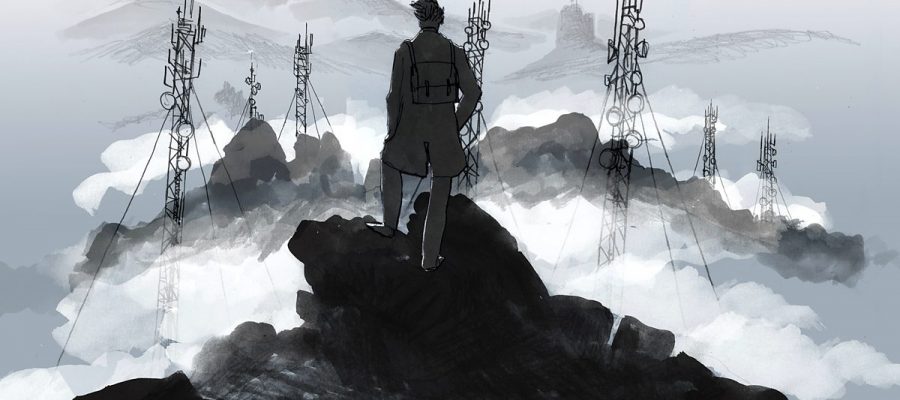http://http://www.bbc.co.uk/programmes/b07x2s20
I was interested in this weeks lecture by the description of human beings in H.P. Lovecraft’s work as small and insignificant in relation to the history and future of other species and the horror that issues from this realisation. It made me think about the Sublime: that experience of being dwarfed, awed, impressed and horrified by a power greater then oneself. In this interesting podcast from the BBC the sublime is used as a way to describe our experience of the internet. We experience it as something other than ourselves as there is a sense of a non-human power in the sublime experience. In this way the sublime is very much a de-centering of the human.
Mythological or folkloric characters such as fairies or even aliens, could well have began life in our hallucinatory imagination (the role of religious experience, trance state, or chemical input seem likely catalysts). Similarly the author’s creations are products of his imagination but are experienced as encounters. Perhaps like the internet, we like to forget the material machinery and human activity behind the interface in order to awe ourselves with the sensation of meeting a non-human power and temporarily shrinking ourselves, placing ourselves in an enchanted world.
What does this mean in terms of a divided humanity? Perhaps only that this imaginary populating of the world with other species, a lot like us, but markedly different, is simply a way to feel our own otherness and to be awed. We would do well to practice this kind of enchantment towards the other species, mutated humans and different selves that already populate our internal and external worlds.

Leave a Reply
6 Comments on "Sublime Difference"
Hi Anna, Thanks for posting. It is interesting to think of the sublime in this way. Is the fear or awe in the sublime due to feeling othered? Or is it merely a momentary imagining of otherness that then can be naturalized and controlled through reflection and literary mastery? I’m interested in these questions, because I’m teaching a class on American nature writing and discovering that the experience of the sublime in nature seems to be almost exclusively an experience of white, middle-class males, whereas others in the society experience the terrors of isolation in nature in very different ways.